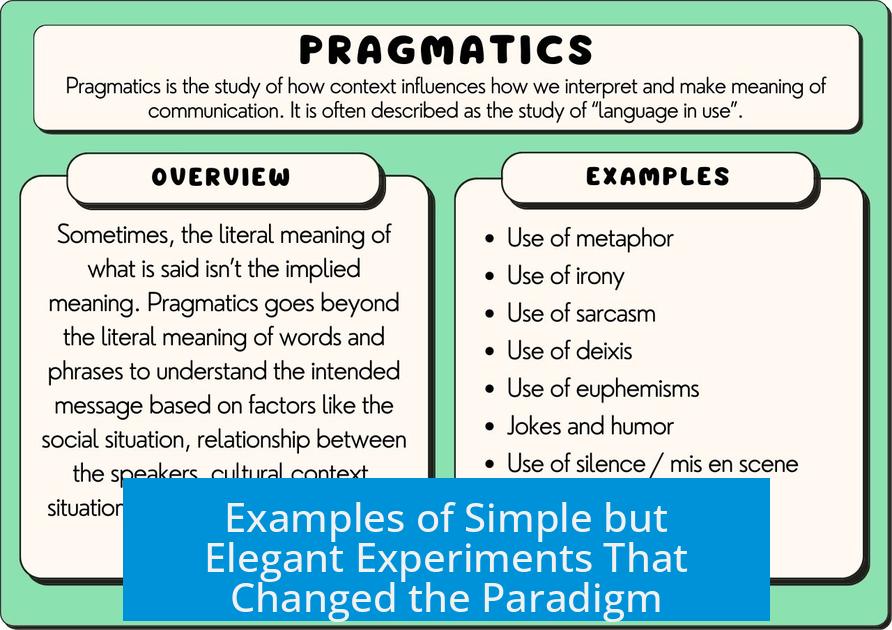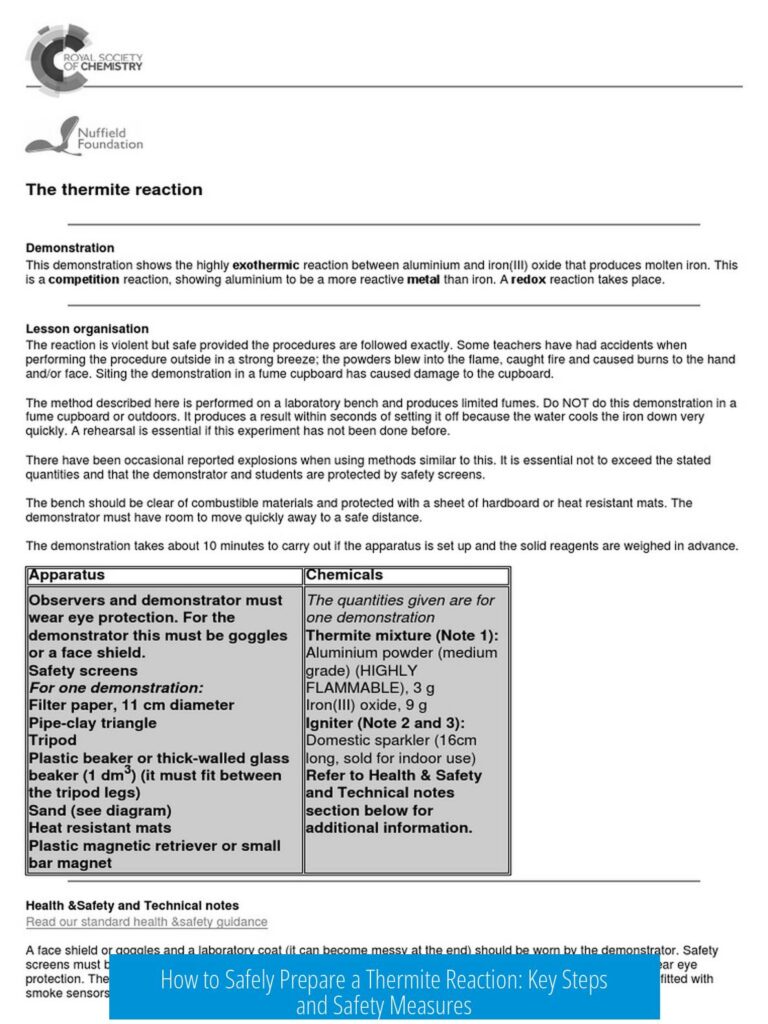Examples of Simple but Elegant Experiments That Changed the Paradigm

Several straightforward experiments have reshaped scientific paradigms by providing clear, fundamental insights. These experiments often relied on minimalistic designs yet revealed complex truths, steering entire fields toward new understanding.
Hershey-Chase Experiments
This study used bacteriophages and radioactive labeling to demonstrate that DNA, not protein, carries genetic information. Hershey and Chase labeled viral DNA with phosphorus-32 and protein with sulfur-35. Their simple, clever approach confirmed DNA’s role in heredity, a pivotal paradigm shift in molecular biology.
Pasteur’s Simple Methods
Louise Pasteur’s experiments disproved spontaneous generation through straightforward sterilization and exposure techniques. By using swan-neck flasks, Pasteur showed microorganisms come from the environment, not spontaneously. This established foundational principles in microbiology and disease prevention.
Mutant Maize Pollen Counting (1926)

Scientists developed a method to count mutant maize pollen grains to study genetic segregation. This approach provided massive sample sizes quickly and quantitatively analyzed inheritance patterns. Their method enhanced genetic studies and demonstrated practical data collection strategies for genetics.
Meselson–Stahl Experiment
Widely regarded as an elegant classic, this experiment used isotopic labeling to prove DNA replicates semi-conservatively. By growing bacteria in heavy nitrogen and shifting to light nitrogen media, Meselson and Stahl tracked DNA density changes, conclusively establishing the replication mechanism. This resolved controversies about DNA duplication.
Nirenberg and Matthaei Experiment
This experiment cracked the genetic code by synthesizing RNA sequences and observing corresponding amino acid production. Using poly-U RNA, they discovered phenylalanine coded by UUU triplets. Their method proved codons consist of three nucleotides, opening doorways into molecular genetics and protein synthesis understanding.
Key Takeaways
- Simple experimental designs can uncover fundamental scientific truths.
- Elegant methods often involve creative use of labeling and large sample analysis.
- Classic experiments redefined genetics, molecular biology, and microbiology.
- Minimalist approaches enabled crucial paradigm shifts with clear data.
- Replicable, straightforward experiments maintain lasting scientific impact.





Leave a Comment